Organizers: Prof. UAM dr hab. Agnieszka Jelewska, dr Michał Krawczak from Humanities/Art/Technology Research Center UAM.
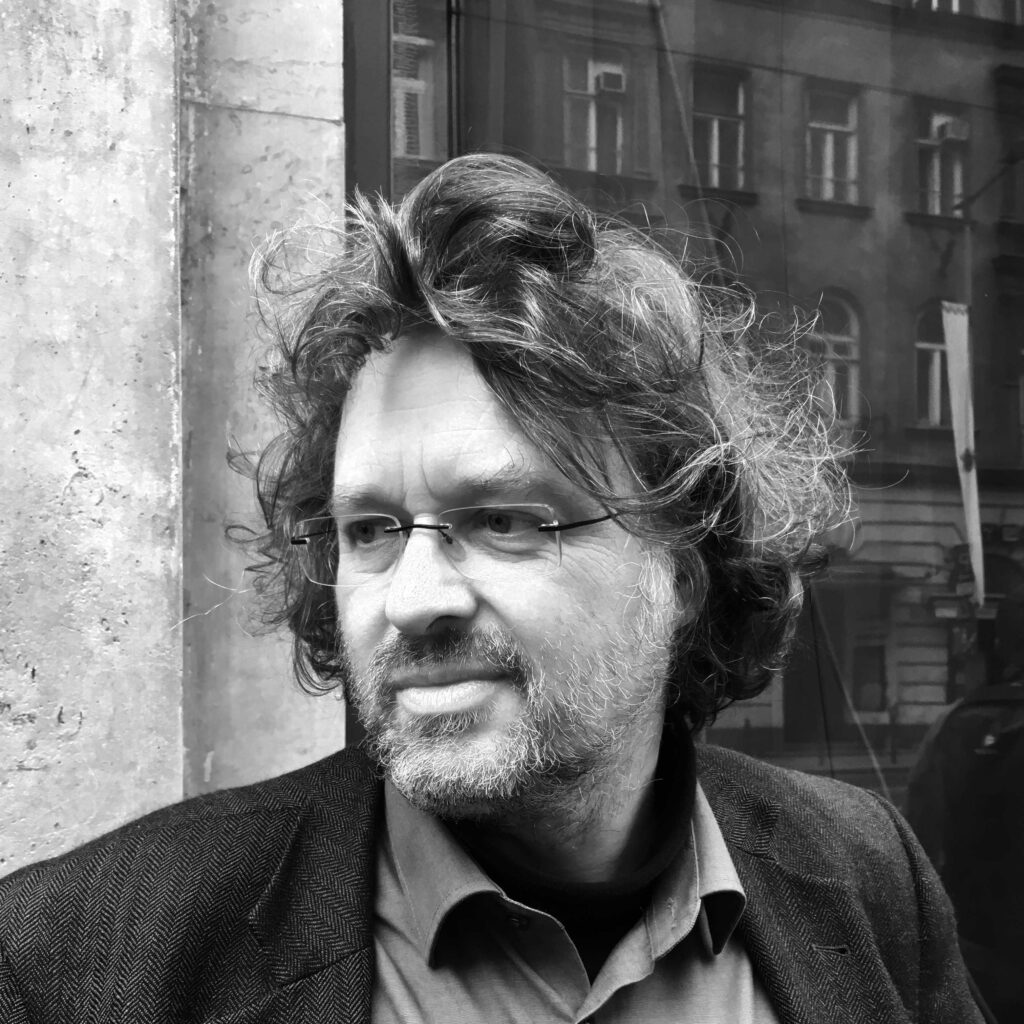
Jens Schröter, Prof. Dr., is chair for media studies at the University of Bonn since 2015. Since 4/2018 director (together with Anja Stöffler, Mainz) of the DFG-research project “Van Gogh TV. Critical Edition, Multimedia-documentation and analysis of their Estate” (3 years). Since 10/2018 speaker of the research project (VW foundation; together with Prof. Dr. Gabriele Gramelsberger; Dr. Stefan Meretz; Dr. Hanno Pahl and Dr. Manuel Scholz-Wäckerle) “Society after Money – A Simulation” (4 years). Director (together with Prof. Dr. Anna Echterhölter; PD Dr. Sudmann and Prof. Dr. Alexander Waibel) of the VW-Main Grant “How is Artificial Intelligence Changing Science?” (Start: 1.8.2022, 4 Years); April/May 2014: „John von Neumann“-fellowship at the University of Szeged, Hungary. September 2014: Guest Professor, Guangdong University of Foreign Studies, Guangzhou, People’s Republic of China. Winter 2014/15: Senior-fellowship at the research group „Media Cultures of Computer Simulation“, Summer 2017: Senior-fellowship IFK Vienna, Austria. Winter 2018: Senior-fellowship IKKM Weimar. Summer 2020: Fellowship, DFG special research area 1015 „Muße“, Freiburg, Winter 2021/22: Fellowship, Center of Advanced Internet Studies. Recent publications: Medien und Ökonomie, Wiesbaden: Springer 2019; (together with Christoph Ernst): Media Futures. Theory and Aesthetics, Basingstoke: Palgrave 2021. Visit www.medienkulturwissenschaft-bonn.de / www.theorie-der-medien.de / www.fanhsiu-kadesch.de
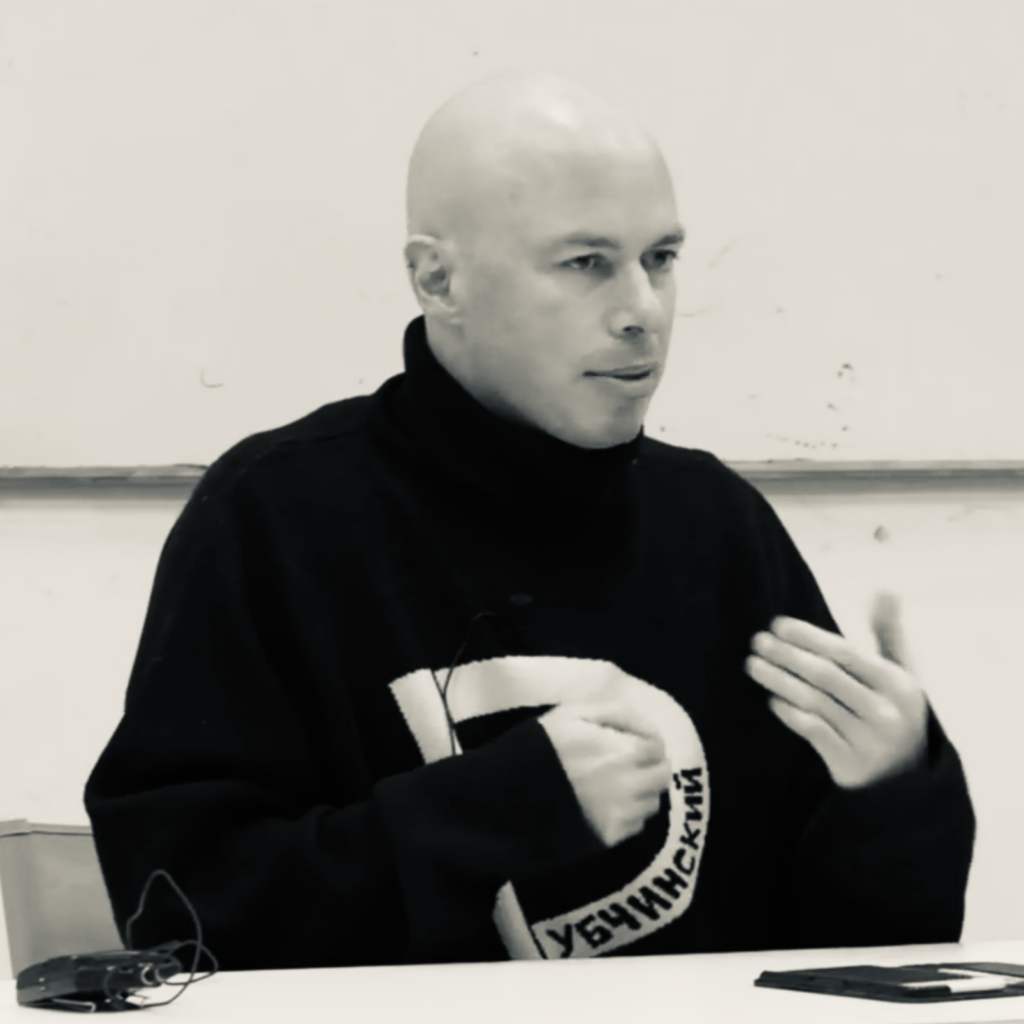
Prof. Julian Reid. Political theorist, philosopher, and professor of International Relations, Julian Reid is renown for his advance of the theory of biopolitics, contributions to cultural theory, postcolonial and post-structural thought, critique of liberalism, and seminal deconstruction of resilience. Educated in London (B.A., First Class Honours, 1996), Amsterdam (M.Phil. 1998) and Lancaster (Ph.D., 2004), he has taught International Politics and International Relations at the Universities of London (SOAS and King’s College), Sussex, and Lapland, where he has occupied the Chair in International Relations since 2010. In 2012 Reid established the very first Master’s program in Global Biopolitics in the world, at Lapland. He was Visiting Professor in Politics at the University of Bristol between 2013 and 2014. In 2006 Reid published Biopolitics of the War on Terror, and in 2009 The Liberal Way of War: Killing to Make Life Live (coauthored with Michael Dillon). Resilient Life: The Art of Living Dangerously (coauthored with Brad Evans) was published in 2014 to wide critical acclaim. In 2016 he published his latest monograph, The Neoliberal Subject: Resilience, Adaptation and Vulnerability (coauthored with David Chandler). He has edited collections on The Biopolitics of Development (with Sandro Mezzadra and Ranabir Samaddar, 2013) and Deleuze & Fascism (with Brad Evans, 2013). He is co-editor of the journal Resilience: Policies, Practices and Discourses (with David Chandler, Melinda Cooper and Bruce Braun). He is a member of the RELATE center of excellence, based at the University of Oulu, and a member of the Advisory Board to the Histories of Violence project. His work has been funded by the Economic and Social Research Council (ESRC), the Finnish Academy, the Kone Foundation, and the European Union (EU). He is currently leading the Finnish Academy funded research project, Indigeneity in Waiting (2016-2020). His work has been translated into several languages including Danish, Spanish, Turkish, Portuguese, Slovenian, and Bulgarian. Reid travels widely, lecturing on his work around the world.
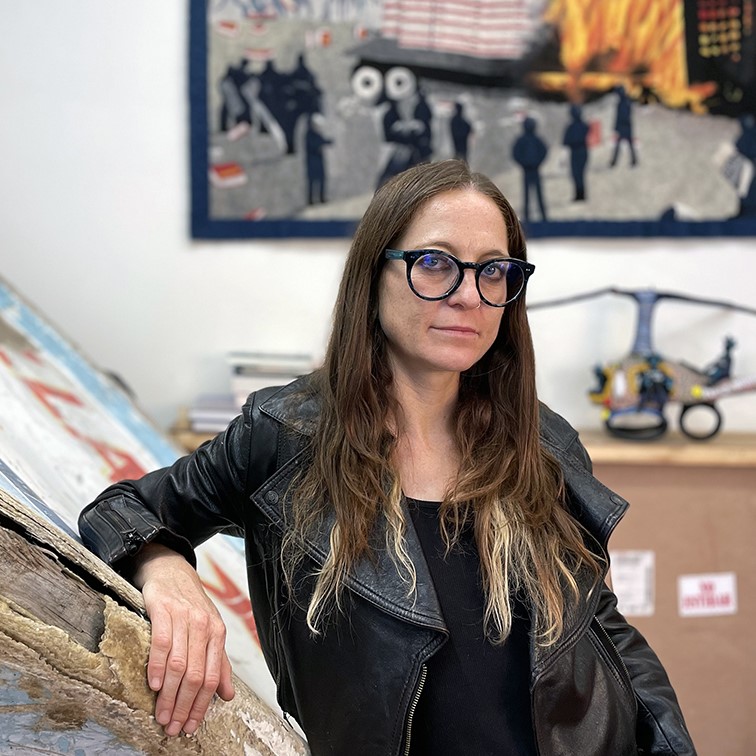
Adela Goldbard is an interdisciplinary artist-scholar from Mexico City. Associate Professor at the Rhode Island School of Design (RISD), she holds an MFA as a Full Merit Fellow in Sculpture from the School of the Art Institute of Chicago (SAIC) and a bachelor’s degree in Hispanic Language and Literatures from the National University of Mexico (UNAM). She is a PhD student in the research-creation stream of the Interdisciplinary Humanities program at Concordia University, and a member of the National System of Artistic Creators from Mexico’s National Endowment for the Arts. Goldbard investigates how radical community performances can subvert the imposition of hegemonic narratives, and how performances of violence and destruction can become aesthetic tools of resistance against power. She is especially interested in how collectively building, staging, and destroying has the potential to generate critical thinking and social transformation. Goldbard’s research-practice draws on experimental/collaborative/sensory ethnography and brings together sculpture, video, photography, sound, text and traditional textiles, pottery, woodwork and pyrotechnics. Her recent commissioned projects include a pyrotechnic play with/for the Mexican community of La Villita in Chicago (commissioned by Gallery 400, University of Illinois, Chicago, 2019-2020) and a socially engaged art project with/for the P’urhépecha community of Arantepacua (commissioned by the XIV FEMSA Biennial, Michoacán, México, 2020-21). Goldbard’s doctoral investigation focuses on developing a Poetics of Violence: an interdisciplinary research-creation project proposing that the aesthetical potential—ritual, collective, affective—of violence, once torn from the dominant and colonizing sanctioned dogma, is a powerful tool for epistemic decolonization and liberation. Her investigation is taking place in/with Chumbivilcas, a Quechua region in the Peruvian Andes.
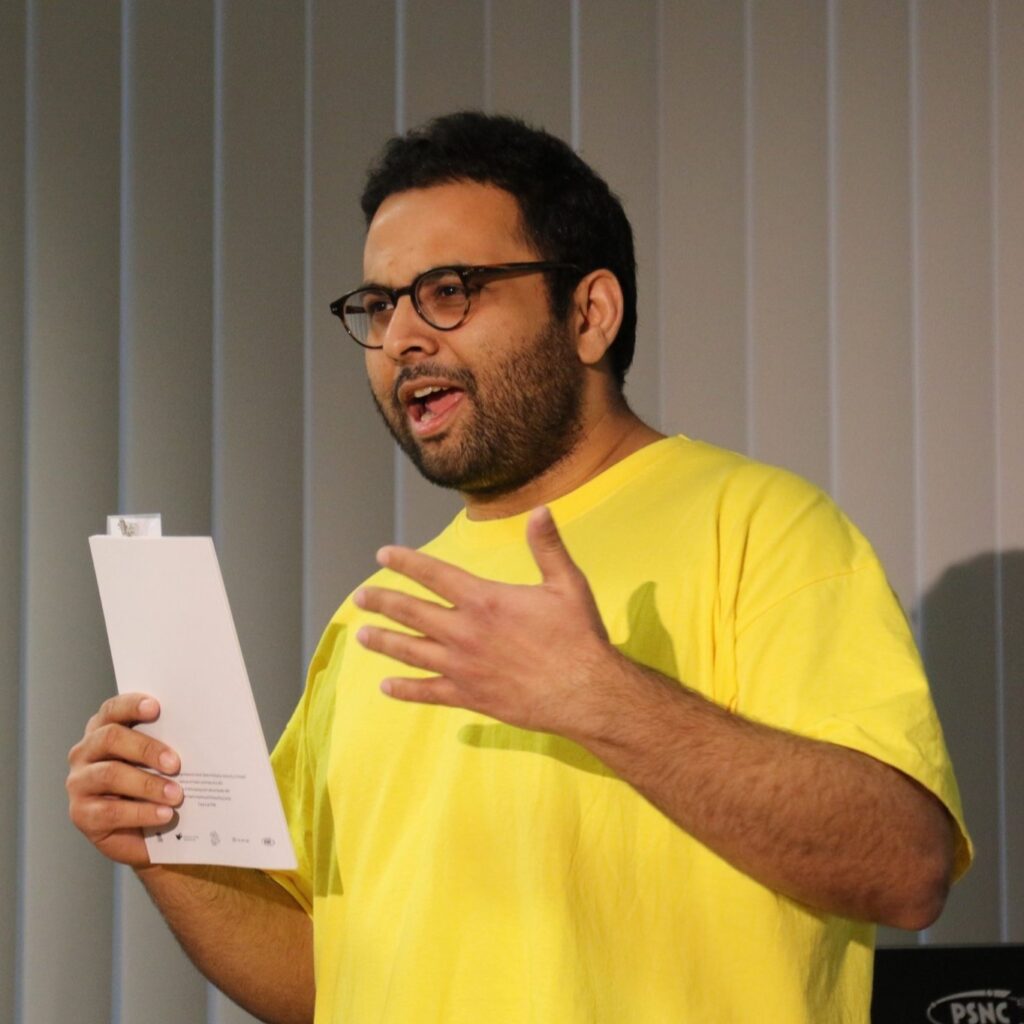
Harshavardhan Bhat is a researcher and writer interested in the social study of monsoonal futures. At OSU, he is a Postdoctoral Fellow on Race and Responsible Data Science with the Translational Data Analytics Institute and affiliated with the Center for Ethnic Studies. He earned his PhD at the School of Architecture and Cities at the University of Westminster where he was a PhD Research Fellow with the European Research Council funded project, Monsoon Assemblages. His dissertation was an interdisciplinary study of the airs of the South Asian monsoon and its transforming entangled relationship with anthropogenic matters and urbanization; and the ways in which they confront and animate monsoonal knowledge. He is currently thinking through concerns of a data analytics of liberation in a time of climate change. Recent writings can be found in GeoHumanities, Lo Squaderno, Hyphen Journal, Monsoon As Method (book), and International Relations in the Anthropocene (textbook) among others. He currently co-convenes a virtual reading/working group that’s reading and learning towards a knowledge praxis of climate justice work. Prior to his PhD, Harsha has worked in academia and also consulted on public affairs and policy concerns for states and campaigns. Harsha is an alumnus of the 15/16 postgraduate program on the city at the Strelka Institute of Media, Architecture and Design and he holds an MSc in Comparative Politics (Conflict Studies) from the London School of Economics and Political Science. You can follow Harsha on Twitter @harsh_co.
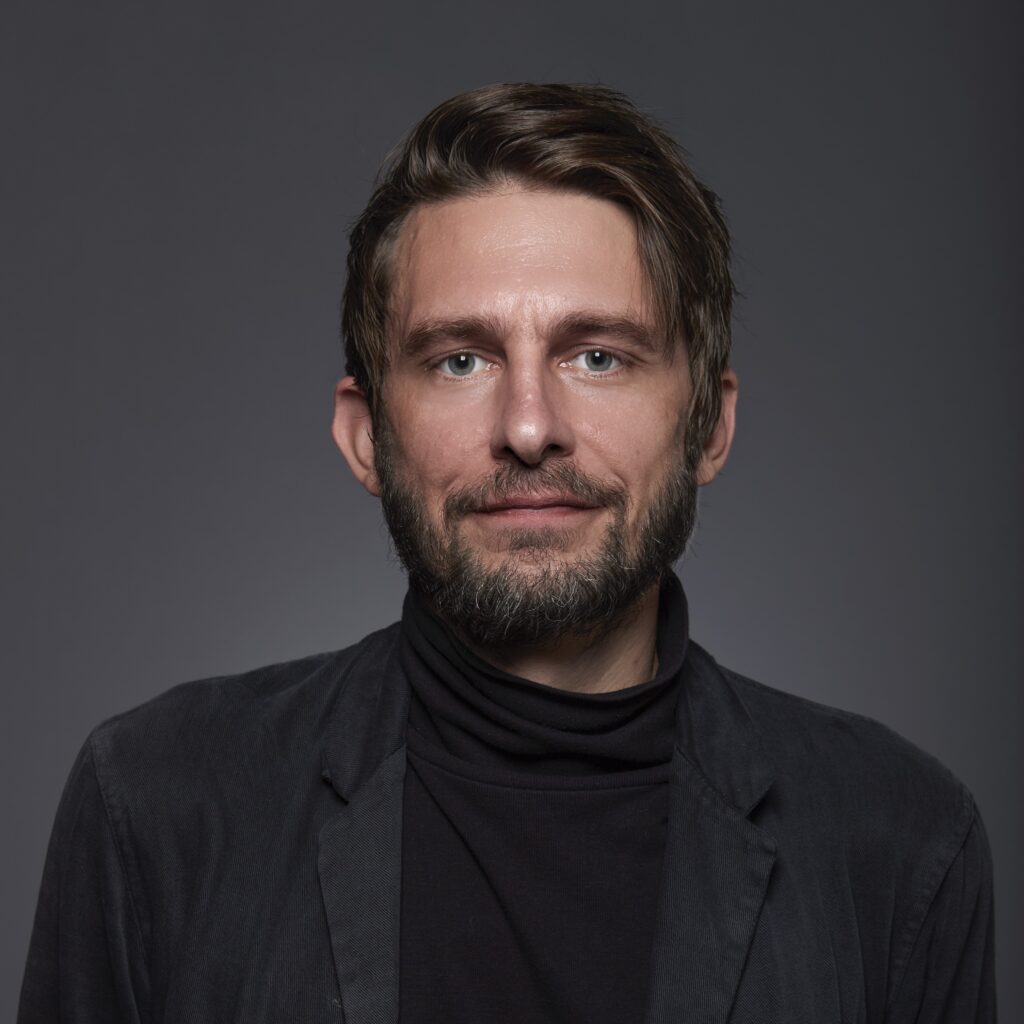
Brett Zehner is a media theorist and artist writing on digital resistance to racial capitalism. Brett’s first book, Digital Abolition, explores the recent rise of white supremacy both as an identitarian position and an institutional backdrop to big data practices. This research aims to unmask and dismantle a new form of white supremacy where individual decision-making is being replaced by the ubiquity of predictive computation. For instance, theories of white supremacy as an ideology must be updated with the emergence of a wide range of data-mining technologies that bypass individual consciousness in favor of so-called data doubles standing in for individual subjectivity. As a digital language artist Brett is also interested in new aesthetic-political formations that are emerging through artist explorations of artificial intelligence. Over the past five years, Brett has troubled the boundaries of collaborative literary practice, conceptual and computational art forms, as well as social practices informed by academic and community-based research. This experimentation has taken the form of various intermedia projects that resist white supremacy, fascism, and racial capitalism at their computational core. Brett has shared his research and creative work internationally. He is currently a postdoctoral fellow at The Ohio State University in Art and Data.
© 2023 All Rights Reserved